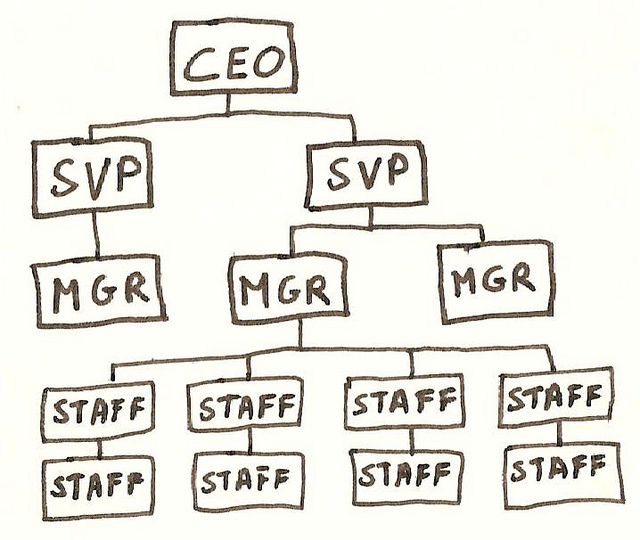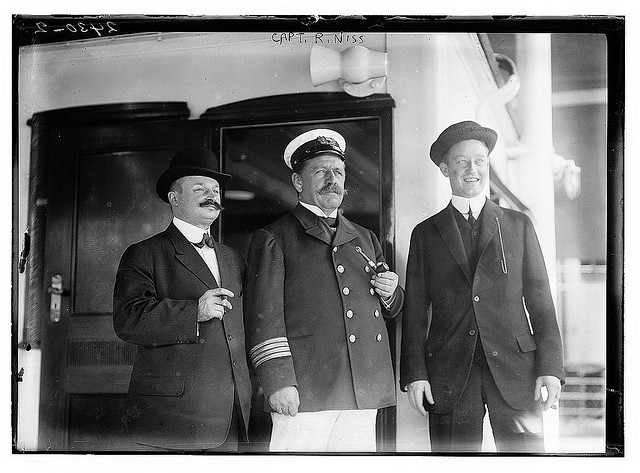
I have yet to see American Sniper, we have been waiting for the crowds to die down, and have been busy with our children’s activities. But I have seen many of the long trailers (They make me tear up every time). I have read the book, and it has brought back memories of my time in the Army.
I was 18 when I joined the Army, and fresh out of high school. I was cocky and a know it all, and not very disciplined to say the least. The Army taught me many lessons, but not the least was teaching me what it took to lead. My Drill Sergeant rode me pretty hard because I made the mistake of not signing a wavier after the first say of basic. I thought by not signing the wavier they would just send me home. And I could not have been more wrong. Thus began my constant unwanted attention of my drill instructors. I signed the wavier after, let’s just say, an eventful evening.
After two weeks of enduring all they could throw at me, and becoming very humble in the process, our lead Drill Instructor made me platoon leader. He also handed me something I have kept with me my entire life. The Army’s 11 Principles of Leaders:
Principle #1 – Know Yourself and Seek Self Improvement – Develop a plan to keep your strengths and improve on your weaknesses.
Principle #2 – Be Technically Proficient – Not only do we know our duties and responsibilities, we know all those of our team members, and we look to our leaders and concern ourselves with learning their duties and responsibilities.
Click here to read the rest of the article »
Caring is sharing. Will you please share this with your network?









